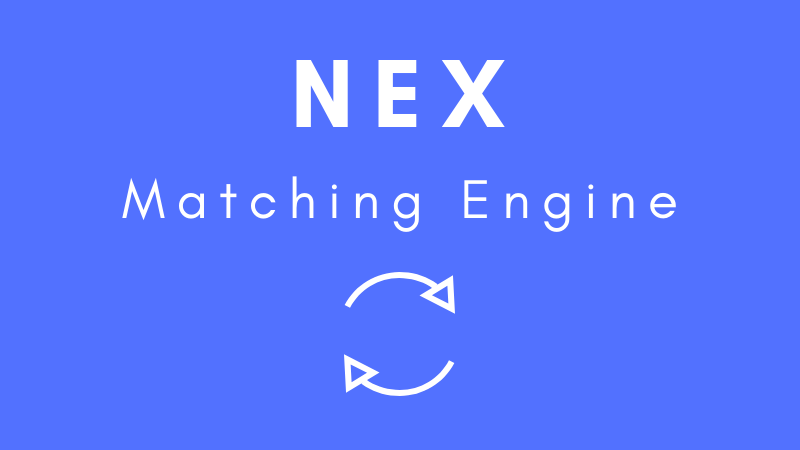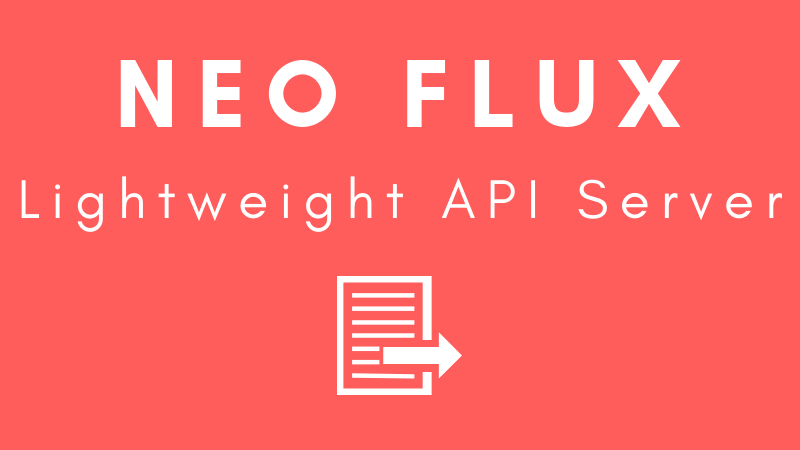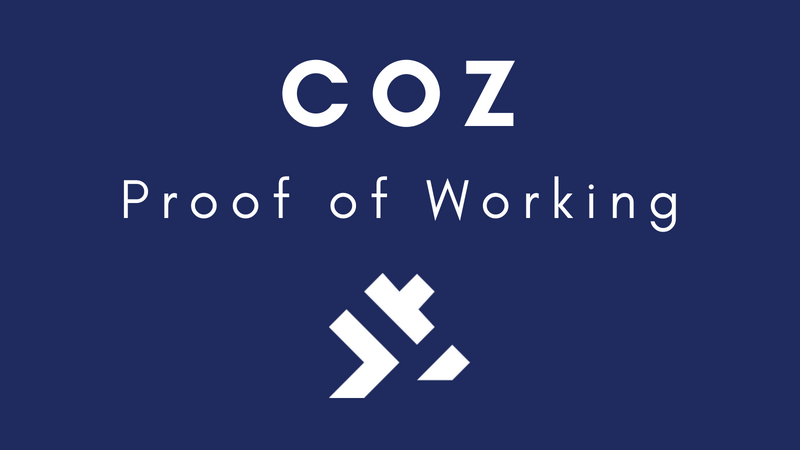
One year ago, City of Zion, a global team of open-source developers for the NEO ecosystem, announced a new project, Neon Meta Exchange (NEX).
A year after the original announcement, the NEX token sale has completed, and its registered security token will legally enable profit sharing of exchange fees with its investors. In celebration, the NEX team published an annual report, reviewing past achievements, and announcing security upgrades bringing increased decentralization to its matching engine.
Beginnings
Founder Fabio Canesin gave the public an introduction to NEX at the November 2017 Ontology launch event in New York City. During the presentation, Canesin pitched NEX as a “smart wallet” that would allow users to trade in cryptocurrency and fiat markets while keeping custody of their own funds; a payment service platform to send and request money through an API; and a decentralized banking solution.
The team has since grown to over 20 members. NEX’s latest full team meetup and development sprint was in September in Vienna, Austria. During this time, changes to its matching engine, the system that will link buy and sell orders on its exchange, were implemented.
Decentralization and Performance
NEX has announced that it will not be deploying a centralized matching engine. Instead, NEX will launch as a “distributed system” with plans to transition to a fully decentralized matching engine in the future. The distributed system requires agreement of multiple instances of the matching engine to enhance security. The fully decentralized engine will use a consensus protocol for even greater security.
NEX claims that despite the increased level of distribution and decentralization, “These improvements to security do not alter the speed with which NEX can process transactions.” The team promises a product that at launch is “superior to the product described in our whitepaper”.
For its part, the NEX whitepaper describes a system of batched trading orders that “could potentially execute more than 100,000 trades per second” on-chain, in an environment where the NEO blockchain is able to process 1,000 transactions per second. NEX asserts in its whitepaper that this level of performance is possible because a single invocation transaction on NEO can contain many separate calls to the NEX smart contract.
The 2018 NEX Report can be read in full at the following link:
https://medium.com/neon-exchange/the-2018-nex-report-from-0-to-70-000-d1e9a5ec498d
More information on Neon Exchange can be found through the links below.







About The Author: Colin Closser
Colin Closser, M.D., was a speaker at the first NEO DevCon in San Francisco. A devoted contrarian, he has managed the improbable: a peaceful and healthy life, despite holding a medical degree. He aspires towards the wisdom of Michael Lewis and Nassim Nicholas Taleb.
More posts by Colin Closser